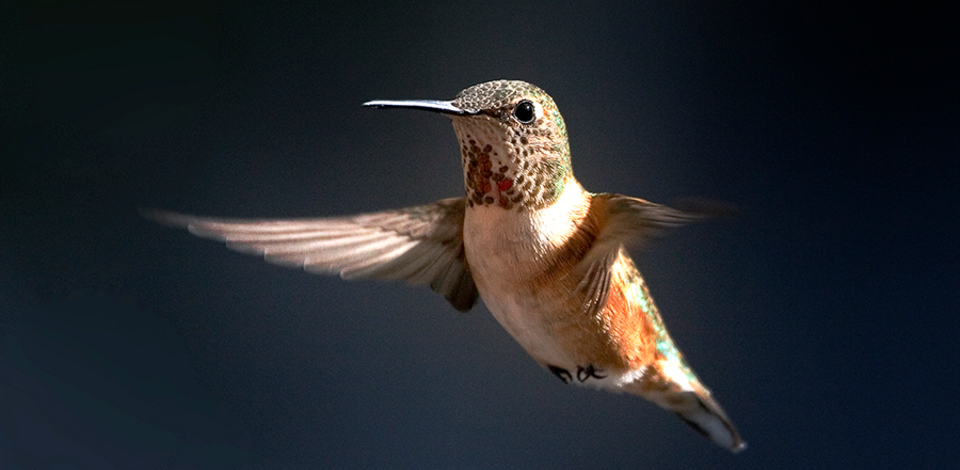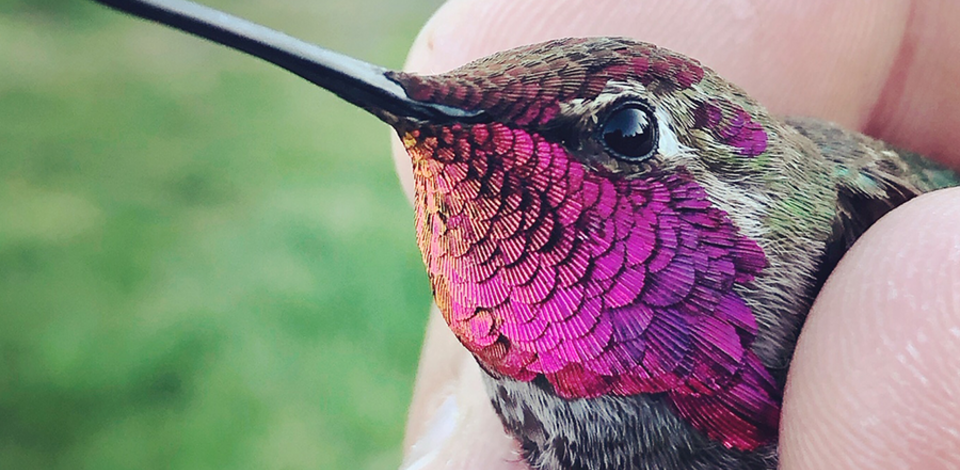HummingBird Species at Grouse Mountain
Hummingbirds are a fascinating and thrilling species for observers to watch. They inspire us and connect us with nature and also play an important role in eco-systems as vital pollinators.
Here on Grouse Mountain, we are home to two species of hummingbirds – The Rufous Hummingbird and Anna’s Hummingbird. They are seen all over the mountaintop from May to September
feeding on insects, as well as the nectar from sub-alpine blooms.


